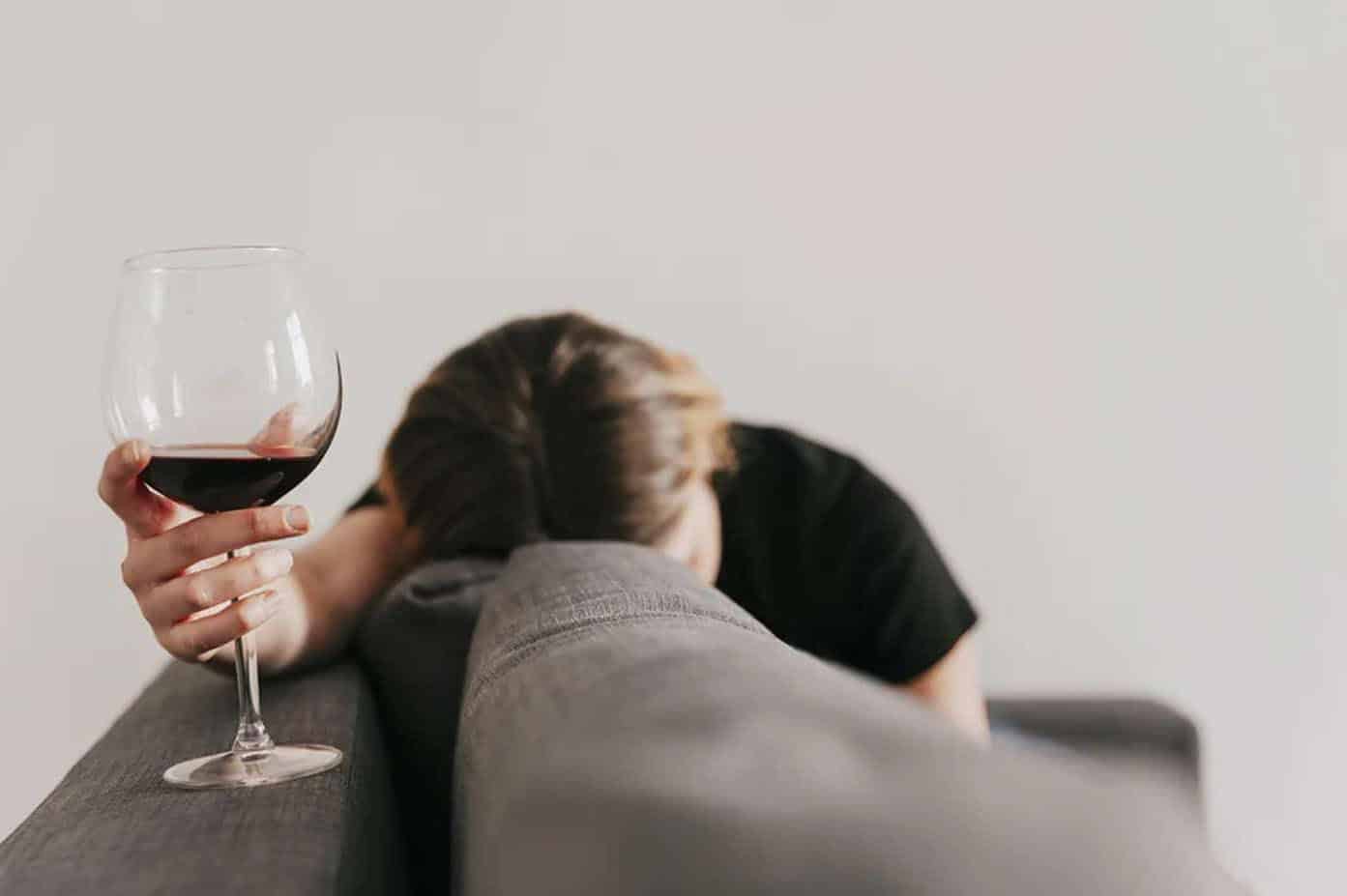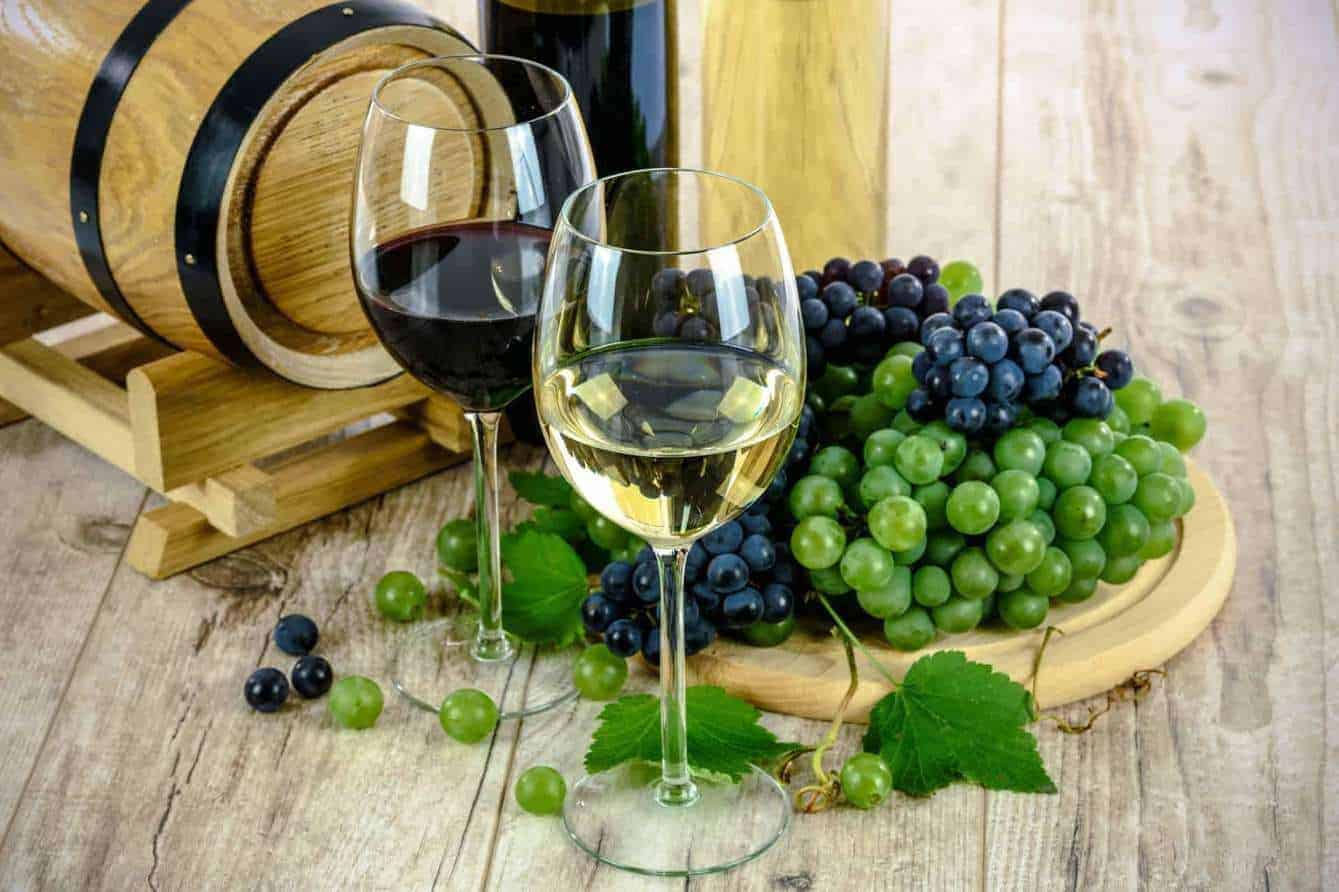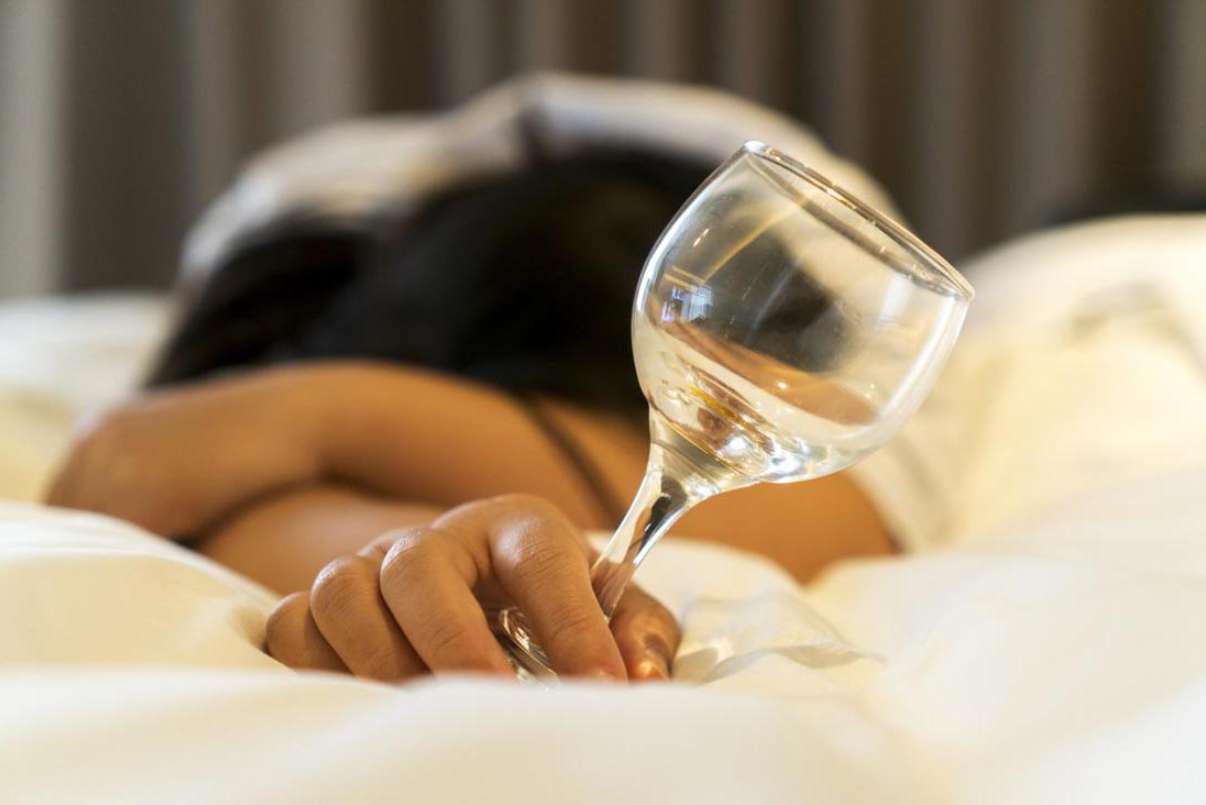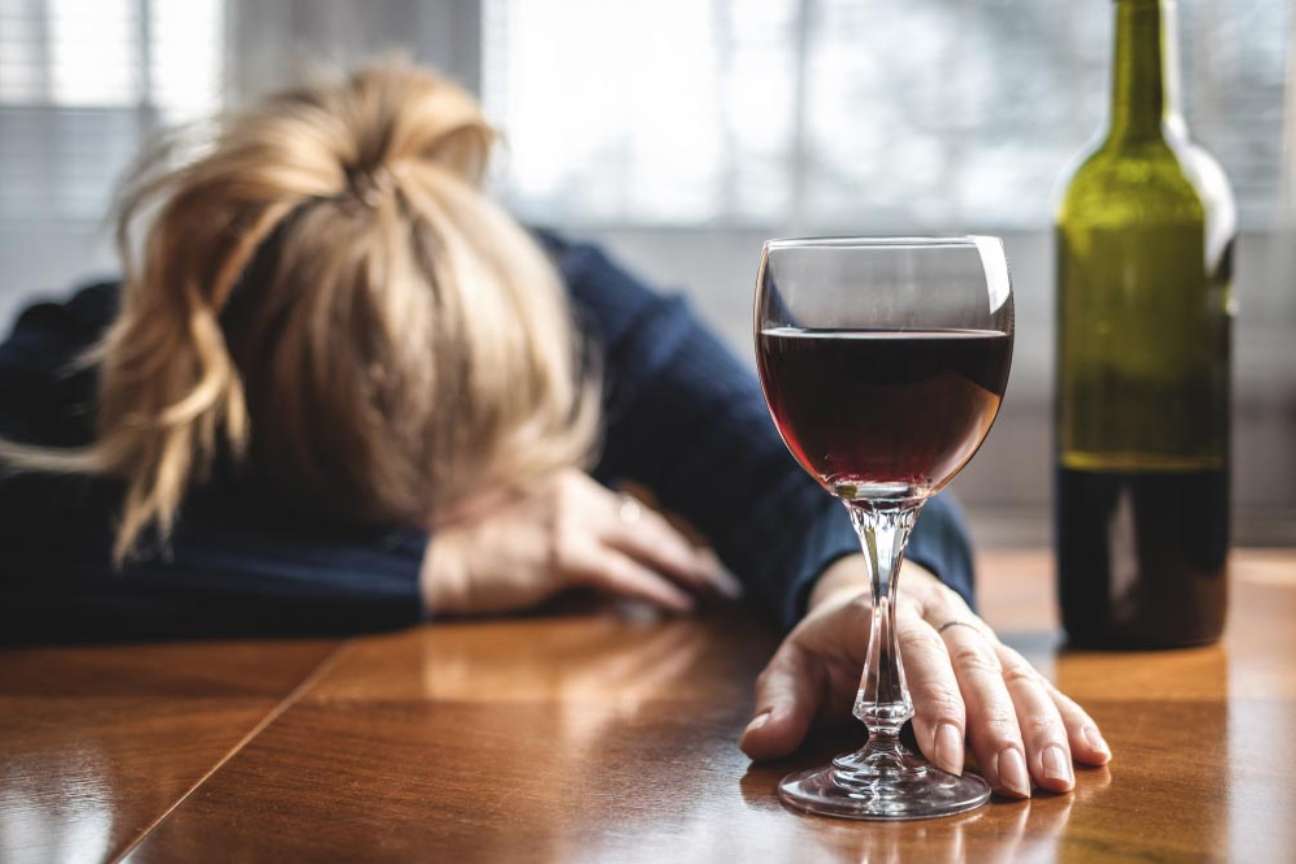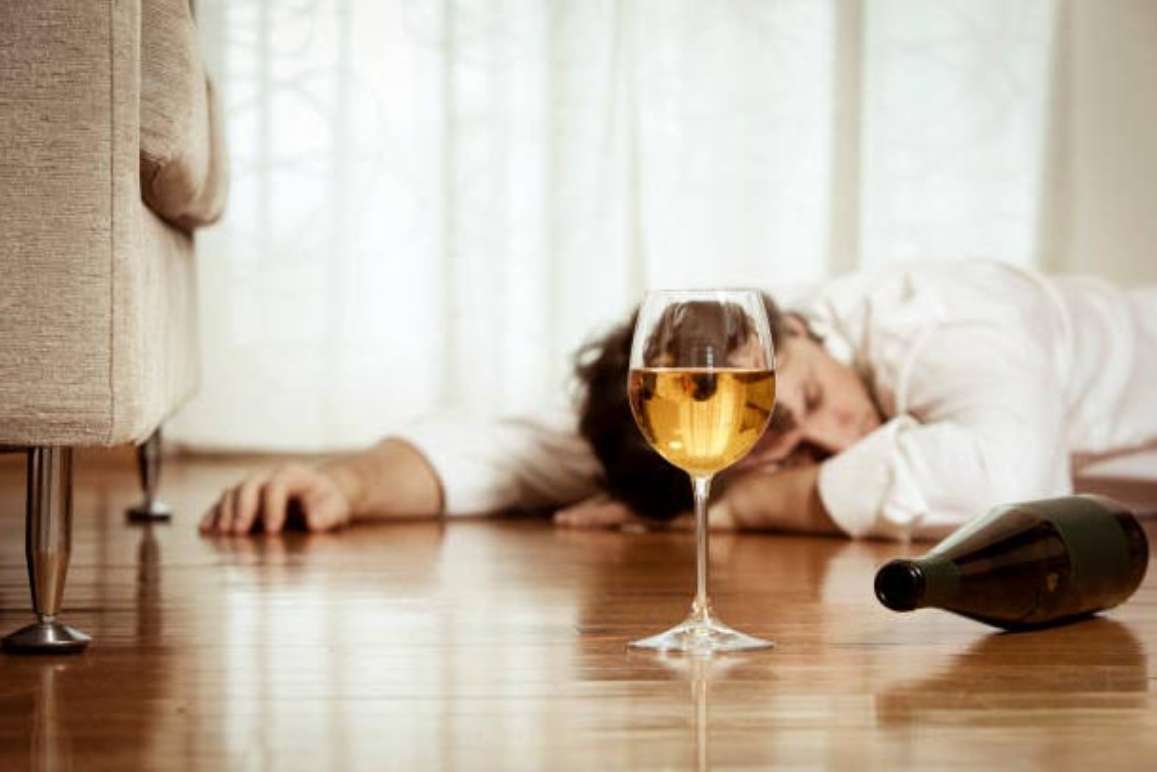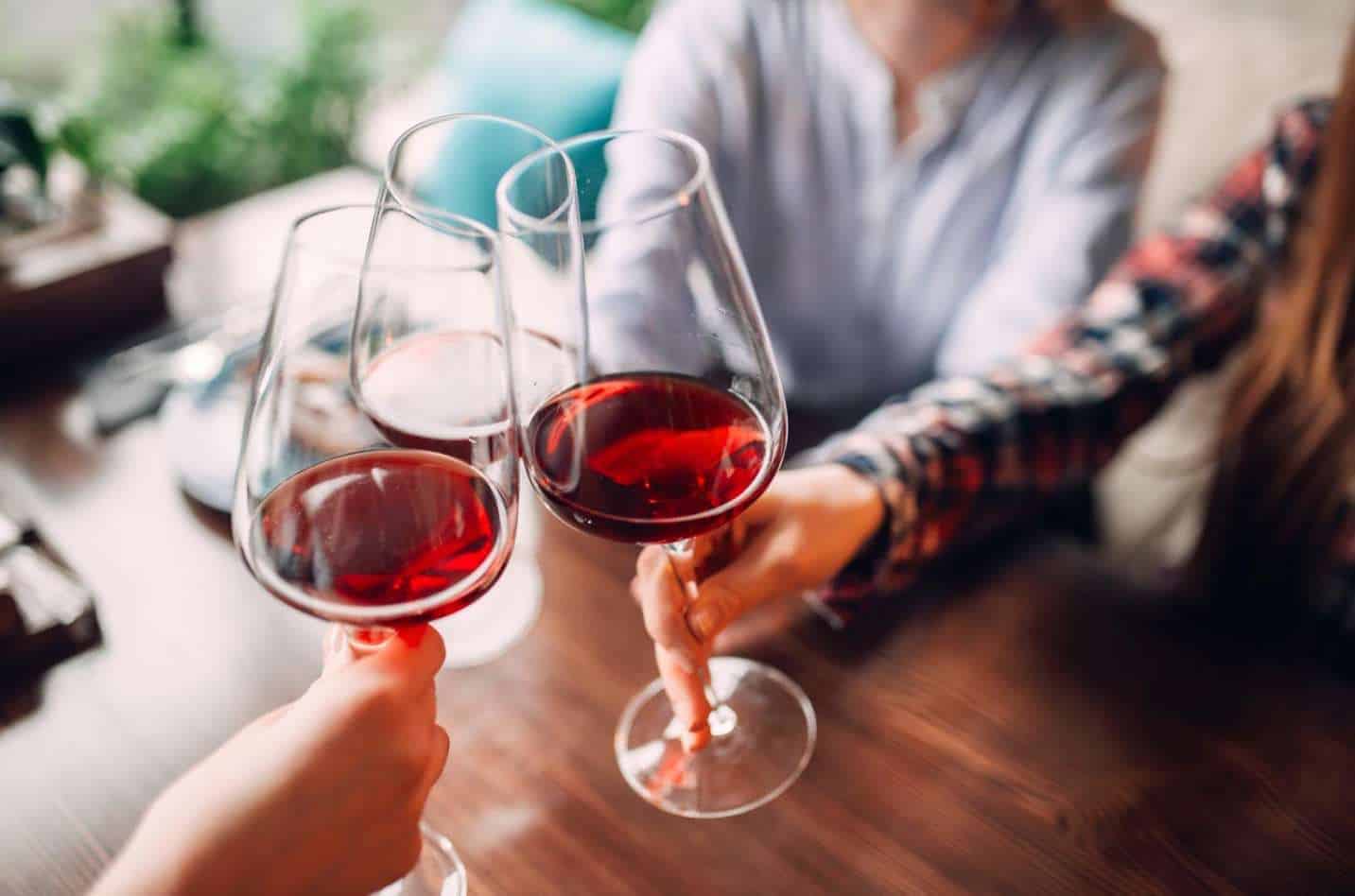Wine is a popular drink, and if you enjoy drinking wine, you might sometimes wonder, “Why does wine make me sleepy?” Well, there are many things to find out as wine is more complex than you think. Wine has existed for ages, yet it’s still enjoyable and exciting.
The Composition Of Wine
In actuality, wine consists of 85 percent water and 13 percent ethanol. This composition leaves the remaining 3 percent for the remaining elements, including other alcohols, residual sugars, organic acids, phenolics, glycerol, sulfites, minerals, amino acids, and aromatics.
Most wine components originate from the grapes themselves or the fermentation process. There are still minute amounts of additives, but these are all added with careful consideration to keep the 3% balance intact.
The 13 percent ethanol found in wine is created during fermentation as yeast translates grape sugar into alcohol. During this process, some amounts of fructose are left, which can be identified as residual sugar because yeast prefers glucose.
Because fructose is approximately 2.4 times sweeter than glucose, evaluating the sweetness of wine with a low sugar concentration might be risky.
Despite only covering three percent of the whole mixture, the elements comprising this small percentage are what make wine the magical drink that it is. Glycerol occupies the most significant space out of all the details included in the three percent.
This element is the main contributor to the wine’s viscosity. The other parts of the three percent are organic acids which are the ones responsible for the wine’s acidity or pH levels. As grapes manufacture polyphenols as a defense mechanism and a signal that it’s ready for consumption, this element is also involved in wine-making.
Wine grapes also have naturally high concentrations of proteins and amino acids. However, during the fermentation process, these compounds are significantly depleted due to the activity of microorganisms. And so, they only occupy a small percentage within the three percent.
The Reason Why Wine Makes You Sleepy
It turns out that getting sleepy after drinking wine is not a phenomenon that only you experience but rather, the general public.
First and foremost, wine has alcohol content, and alcohol, in a general sense, is a depressant. To further explain, depressants are substances that diminish or suppress stimulation or arousal by affecting the central nervous system.
Their effect on the nervous system slows down the message exchange or brain activity between the body and brain. This situation impacts a person akin to what a sedative does, causing the feeling of laziness and sleepiness.
As television shows always remind you of, it’s essential to watch how your body reacts to alcohol. Individuals have different ways of responding to alcoholic beverages and different tolerance levels. Too much alcohol also harms the quality and duration of your sleep. This is why it’s always advised to drink responsibly.
Studies show that drinking alcohol before bed shortens the time it takes to fall asleep. And so, if you have difficulty getting sleepy and falling asleep, perhaps an ample amount of wine can help you speed up the process.
A wine’s sedative impact is influenced by the person’s blood alcohol content or level (BAC). While it can help you fall asleep, you can also build up your alcohol tolerance in as quickly as three days, depending on your body.
Once you do, you will feel the need to up your wine dosage for it to be able to help you fall asleep. And so, this can have a domino effect as far as resulting in alcohol dependency, which can seriously affect your health.
On the other hand, wine also cannot guarantee quality sleep despite the positive responses of people who have tried it. According to studies, alcohol, in specific amounts, impedes rapid eye movement or REM sleep.
As mentioned before, there is a probability for people to continue increasing their alcohol intake to achieve the sedative effect, which also means that its REM impediment can get worse.
Red Wine and Their Effect on Sleep
There are many ways to categorize wine as they have complex characteristics that can differ in several categories too. It’s a common theme to differentiate wines through colors. The two umbrella colors for wine are red and white. Like colors, these wines also affect a person’s sleep differently.
In terms of the more potent sleep-inducing wine, red wine wins. As discussed above, all alcoholic drinks are depressants, and on top of that, red wine has Melatonin. This element is found in certain grape varieties commonly used to make red wine.
Melatonin is a natural hormone found in the brain. This hormone is an agent helpful for sleep regulation. Melatonin is prompted by darkness, so these hormones initiate activities whenever we are in our rest mode– in dim or darker rooms for sleep and relaxation.
The fun thing about Melatonin in plants is its new information as it was thought that mammals were the only ones to have the capability to produce Melatonin. In particular, grape skin varieties used to make red wine have produced Melatonin at varied levels.
Grape variations with high melatonin levels include Cabernet Sauvignon, Merlot, Nebbiolo, and Sangiovese, while the types with lower melatonin levels include Barbera, Cabernet Franc, and Croatina.
Contrary to what many people may believe, Melatonin is not responsible for the hangover after a night of drinking wine. There is a particular talk about red wine giving people some of their worst hangovers, so you might think the Melatonin on them has some contribution.
The answer most scientists agree is because of the high levels of tannins in the wine. Another feature that is most likely responsible for next-day headaches is phenolic flavonoid radicals. The presence of sulfites is another factor proposed as a possible cause of a hangover brought on by red wine.
What About White Wine?
White wine can be made with white or red grape variations. What separates these types of wine from red wine is the process involved in making them. Compared to red wine, the process of making white wine is different– fermentation.
Winemakers make sure that they pick white grapes before they reach full maturity as they are quick to mature in contrast with red grapes. As a result, white wines have lower levels of sugar and alcohol in their composition.
During the fermentation process, white grapes do not brush on their skin surfaces as winemakers remove the grapes’ skin first to retain and achieve low sugar and alcohol levels, as stated above.
This process of removing the grapes’ skin also prevents the wine from absorbing too much Melatonin from the skin. Not removing the skin can lead to melatonin saturation, which can alter the white wine’s sleep-inducing characteristics.
Nevertheless, white wine still possesses the sedative effect like other alcoholic drinks do because of its alcohol content– despite being lower than other drinks. And so, white wine can still make you feel sleepy.
Tips for Drinking Wine
While many people like drinking wine to help them fix their body clock or have a better quality of sleep, some people want to drink and skip the sleepy feeling after it.
Whether it may be a social event or you want to drink without getting drowsy earlier than expected, there are things you can do to avoid or lessen these effects on your body.
Plan ahead
There is a correlation between the amount of sleep a person gets and how drunk they feel the following day after drinking. Because alcohol amplifies sleepiness and lessens your attentiveness, there is no increase in your blood alcohol content when you feel drowsy.
All you feel is a greater sense of intoxication because of the alcohol. Therefore, if you want to maximize your drinking session experience, getting at least eight hours of sleep the night before is helpful.
Eat
Consuming food before drinking buys your body time before it absorbs the alcohol and for you to feel its impact.
Drink water and hydrate
One of the key points in drinking is to keep yourself hydrated. This tip is not only before drinking but also after and even during– it’s good to alternate drinking water while consuming alcohol. Because alcohol is a diuretic, it induces rapid liquid excretion from your body which can cause dehydration.
So, emphasizing hydration is always good when you go out drinking. You can get drunk without experiencing the adverse effects, and you can do this by keeping your blood alcohol concentration around. 040.
Stay cool
The sun heightens the effects of any drunkenness you may feel when drinking in the daylight. So, you might want to stay in the shade or a cool place as you enjoy your wine.
Pacing
Since drinking wine is not a competition, one should take their time and enjoy the experience rather than rushing through it.
Summary
Now that you know the answer to the question “Why does wine make me sleepy?” you can get to know how your body works more and responds to wine. This is also a learning time to enjoy your drinking sessions more. It’s always helpful to take note of little information for your fun and safety.

George Moore, co-founder of Wine Flavor Guru, is a charismatic entrepreneur with a rich background in California’s wine industry. Alongside Sylvia, he transformed a Sonoma County vineyard into a source of premium wines. George’s expertise in sourcing exceptional grapes and his approachable style make wine appreciation both accessible and engaging.
